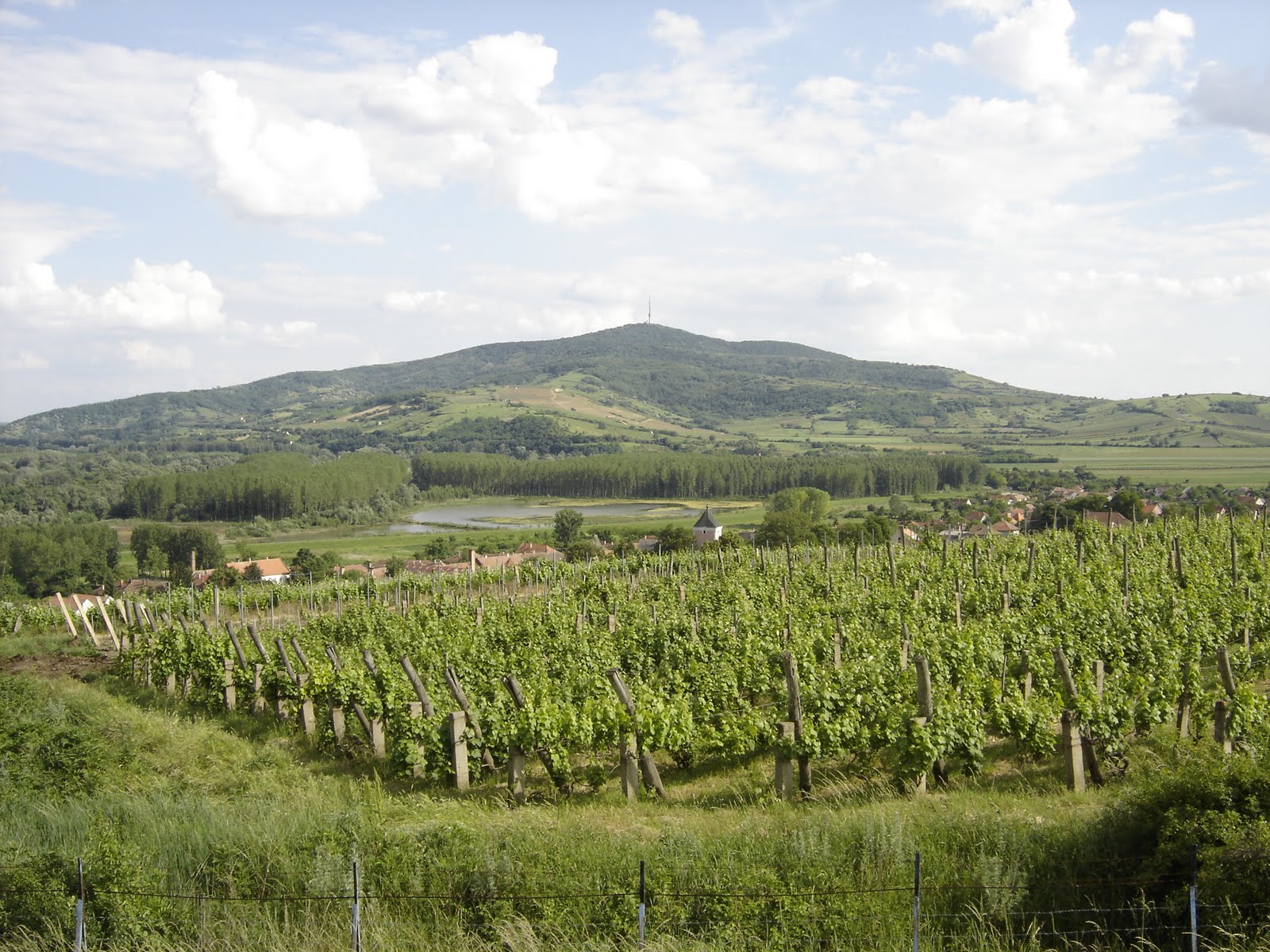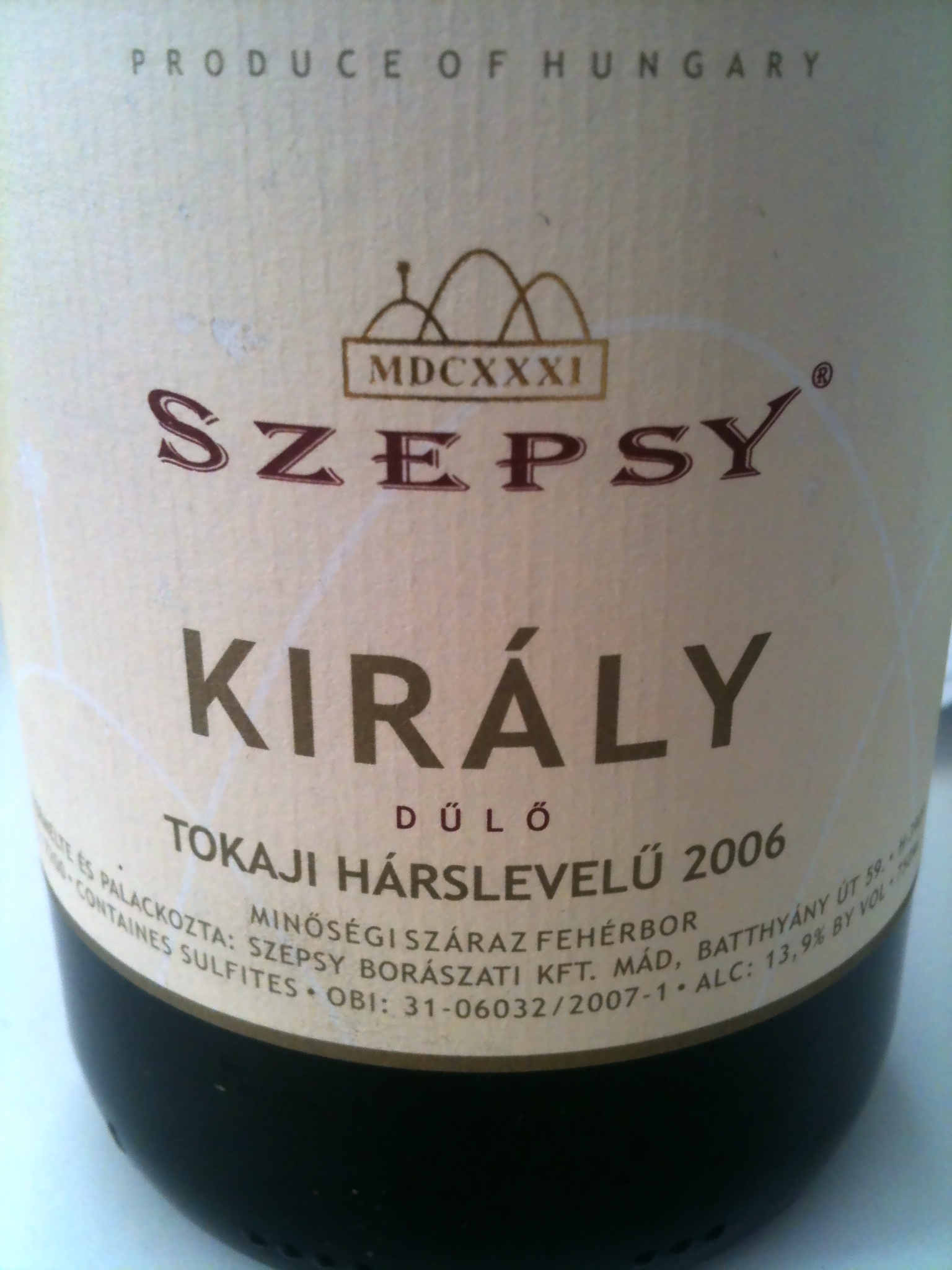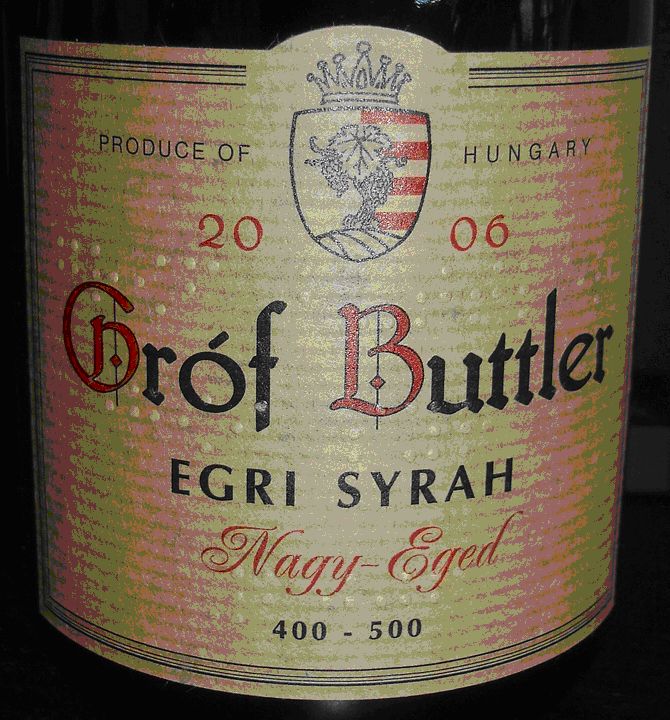Neurotic Furmint, cheerful Hárs
Posted on 11 May 2012
Another taxing day of tasting at the Pannon Wine Challenge in Pannonhalma. Things got serious as we moved on from eliminating wines to actually selecting the best. 35 top whites wines with the task of choosing the 15 top scorers.
In the end it was a sour defeat for Furmint, 7 which were shortlisted but in my opinion, none worthy of a gold medal. (My golds would go to a few Hárslevelűs, two Juhfarks, an Olaszrizling, and a Pinot Gris. I’m being told 3 Furmints were eventually selected for medals). Now it is beyond doubt that Furmint is Hungary’s best grape variety, capable of fantastic depth and staggering structure in white wines, whether they come from Tokaj or (more obscurely) the volcanic hill of Somló in Western Hungary.
The problem with Furmint is that it is the botanic equivalent of a neurotic, introvert, inconsistent human. One day it shines, but then suddenly shuts up and becomes totally improhensible. And it was the case with four or five of the Furmints we tasted: completely suffocated by oak, they at best showed as rich flabby Viogniers and at worst, unpleasantly bitter, phenolic oak bombs. In fact it takes a winemaker’s fine hand to make Furmint the balanced, mineral, multi-faceted, terroir-driven beauty it can be. And new oak very easily dominates Furmint, which by nature is not a very aromatic variety and also comes across as somewhat lean at mid-palate, often lacking the richness and breadth a wine needs to sustain aggressive oak ageing.
It it interesting that Hárslevelű, universally grown alongside Furmint and almost always considered a lesser variety, would reveal itself as cheerful, self-confident, neurosis-free exactly in the same conditions where Furmint failed to open up. With its natural richness of ripe stone fruit flavours, thick texture and strong structure, Hárslevelű stole the show and I definitely think it deserves to be better known internationally. (Apparently some is already made in South Africa).
And on the red wine front, today signed a superb debut for Syrah, delivering a series of balanced, tense, refreshing, deliciously drinkable wines, on the whole outperforming not only Merlot but also Cabernet Franc and Cabernet Sauvignon, too easilly falling prey to the overripeness and overoaking mania that still drives the majority of Hungarian vintners. Could Syrah be the grape of the future in temperate continental regions such as Hungary and Austria?
Disclosure
I am paid to work as a juror at the Pannon Wine Challenge and my flights, accommodation and evening programme are paid for by the organisers.




